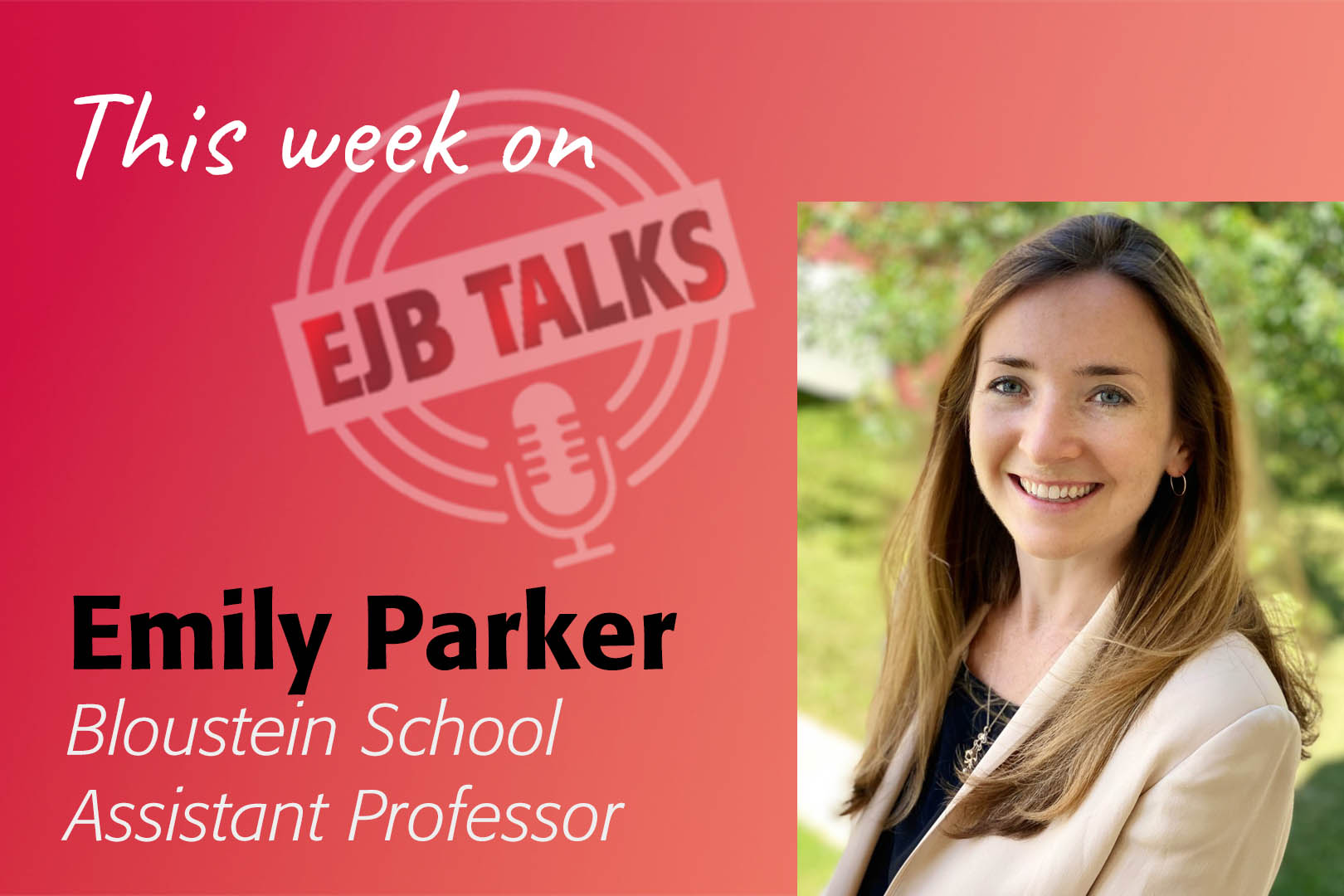Poverty Governance in the Delegated Welfare State: Privatization, Commodification, and the U.S. Health Care Safety Net
Abstract
Due to forces of retrenchment and fiscal austerity in the contemporary U.S. welfare state, the federal government has increasingly delegated the funding of public programs to private entities. How does privatization influence the way marginalized populations experience the social safety net? To develop insights on delegated poverty governance, this study examines a longstanding public-private program—Federally Qualified Health Centers (FQHCs)—which comprise a nationwide network of clinics serving over thirty million predominantly low-income patients in medically underserved areas. I conducted a case study drawing on in-depth interviews with patients and staff in a small-town FQHC in the Rust Belt. Unlike other social welfare programs, I found a pronounced absence of stigma associated with the FQHC, largely due to features of the delegated policy design, the blended institutional setting, and strategic organizational decisions. However, low-income patients were also unaware of their rights to treatment when encountering paternalistic enforcement of overdue billing rules, which resulted in delayed or foregone health care. Due to underlying tensions surrounding commodification, I argue that privatization of the safety net may quell the stigma of government programs among the poor while simultaneously disentitling individuals from their rights of social citizenship.
Emily Parker, Poverty Governance in the Delegated Welfare State: Privatization, Commodification, and the U.S. Health Care Safety Net, Social Problems, 2024;, spae037, https://doi.org/10.1093/socpro/spae037
Podcast

Dr. Emily Parker discussed this topic on our podcast, EJB Talks. Listen now.
